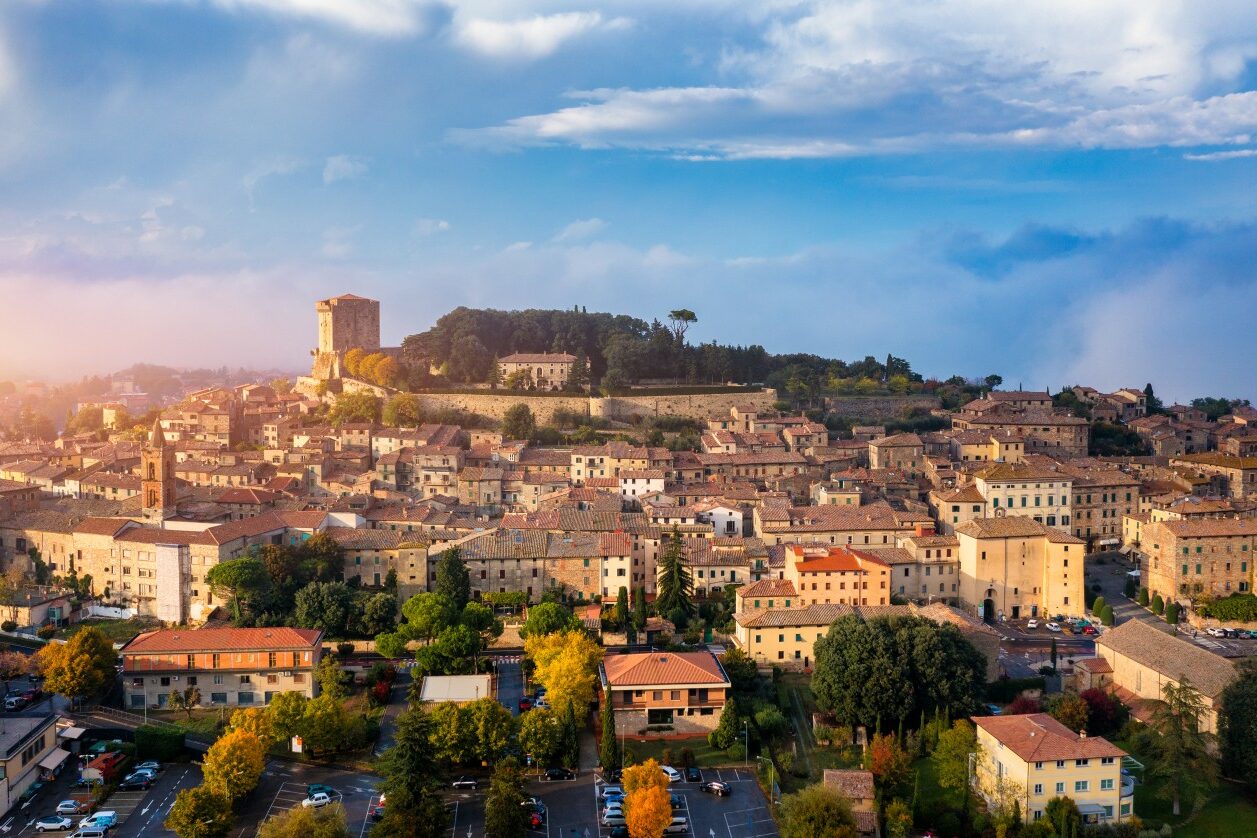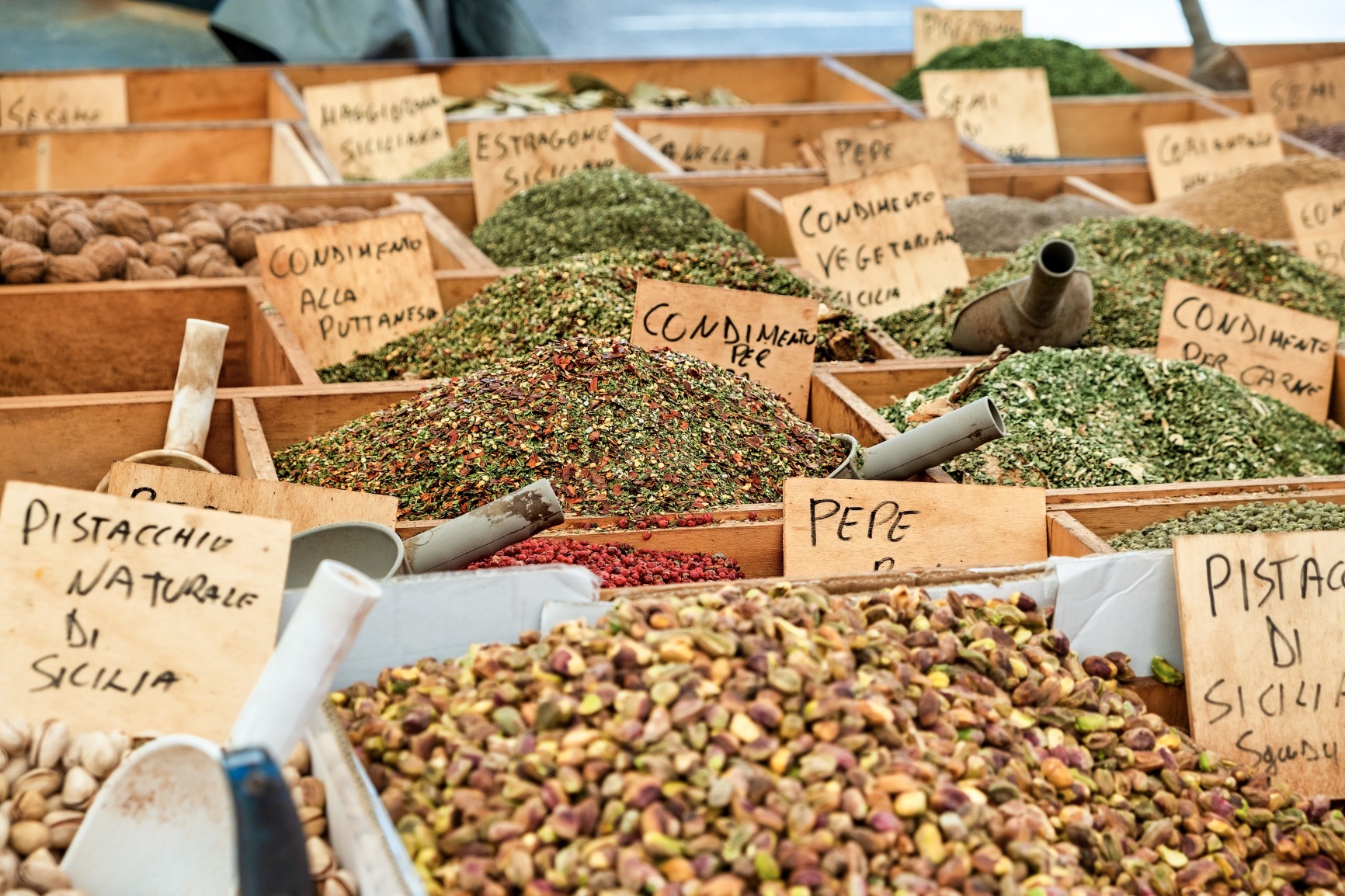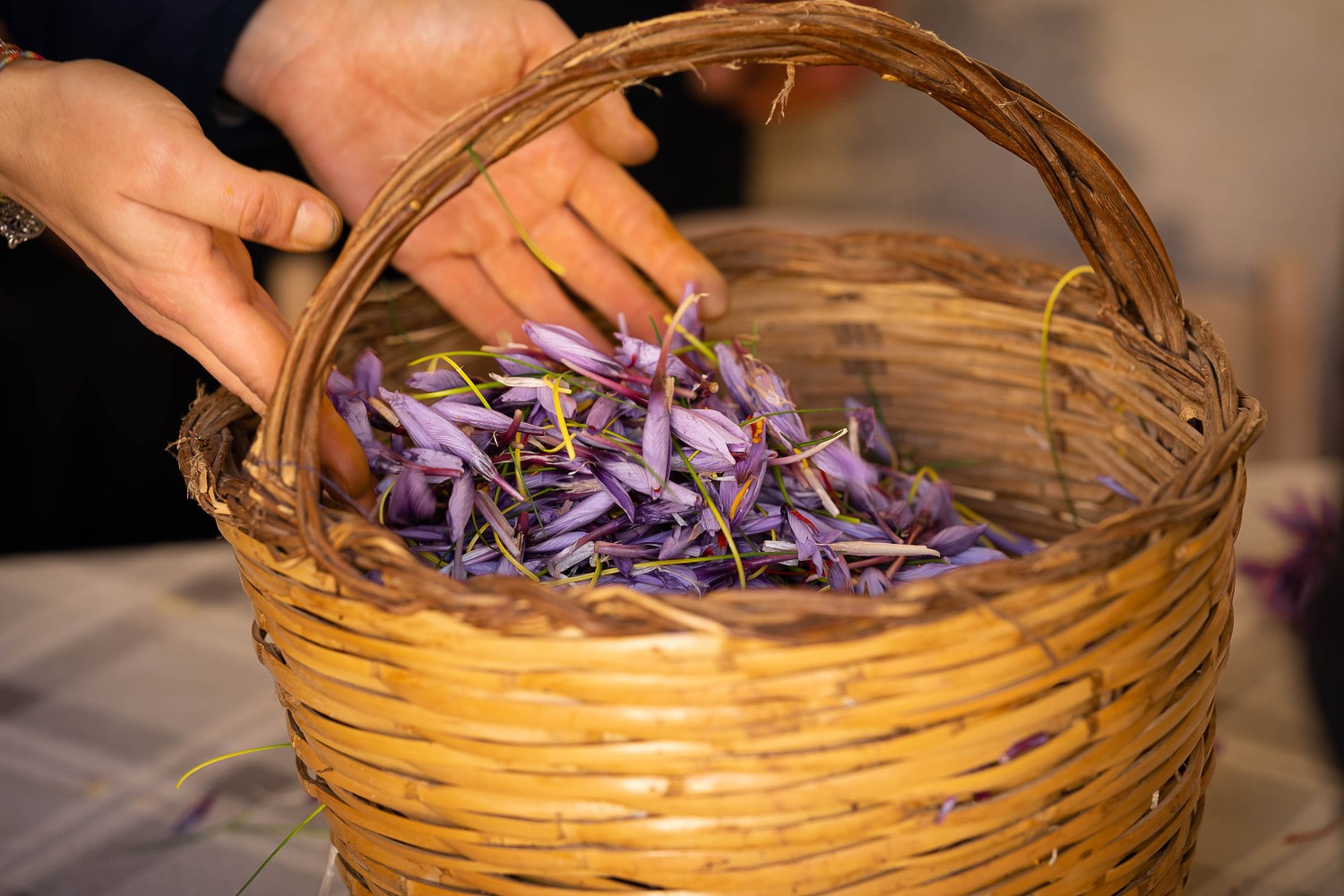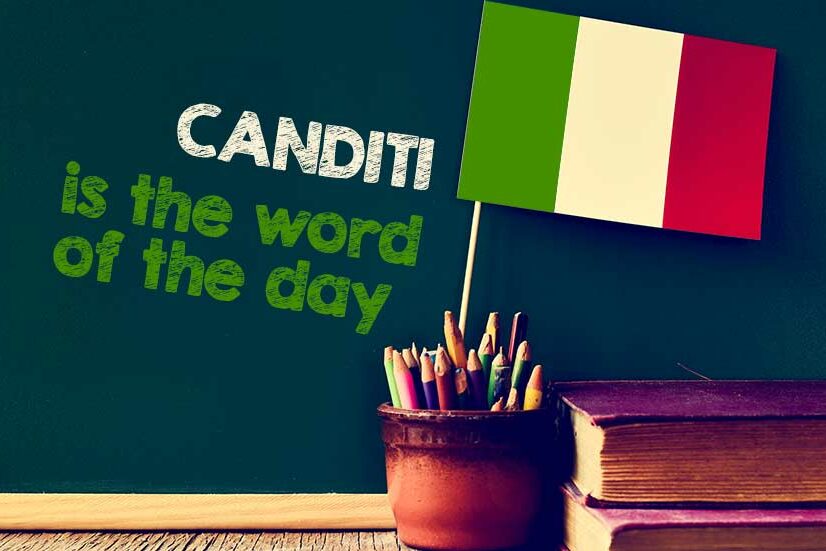Staff
In the English-speaking world, it is known as Yule Log, in Italy, we know it as il ceppo di Natale. It is so popular that it even made it into our translation of Harry Potter and it has inspired one …
Who doesn’t love a slice of panettone at Christmas? The festive, buttery cake may have Milanese roots, but today is famous and loved around the world, so we can really say that it has become an international staple of the …
Sarteano is a village of almost 5,000, located in the province of Siena, 525 meters along the slopes of Mount Cetona. Narrow alleys and beautifully preserved medieval squares made this small but lively settlement in the Senese hills a fantastic …
Who isn’t familiar with – and tried to solve – the ubiquitous crosswords? Some of them, like those of the Settimana Enigmistica in Italy, the Guardian and the Times in the UK or the New York Times in the US, …
Food on New Year’s Eve rhymes with tradition. In Italy, everyone knows, lentils and cotechino, a type of sausage popular especially in the northern regions of the country, are ubiquitous. This is especially because lentils have been considered a symbol …
The love story between Italy and spices is a long-lasting one. The ancient Romans already used them to create medicines, perfumes and cosmetics, and as a tasty addition to their food. Most of the flavorings used by our ancestors came …
My grandmother used to say that saffron was more precious than gold, and she did have a point, as it had been for centuries one of the most costly spices. The word saffron, or “zafferano” as we say in Italian, …
Pangiallo, which literally means “yellow bread,” is a traditional Christmas dessert in our capital and in the region of Lazio. In fact, this flavorsome bun is heir to a recipe known already by the ancient Romans, so there is nothing …
Who doesn’t want a white Christmas? Today’s word is welcomed by all those who enjoy snow! Nevischio (nai-vee-skeeoh) comes from the Italian word for snow, “neve,” and it appeared for the first time in our vocabulary in the 15th century. …
Today’s word is very tasty and sweet! Canditi(singular: candito) are those little candied morsels you find in traditional panettone, along with sultanas. Canditi (kan-dee-tee) are just chopped candied fruit of all kinds, which are broadly used in patisserie not only …










